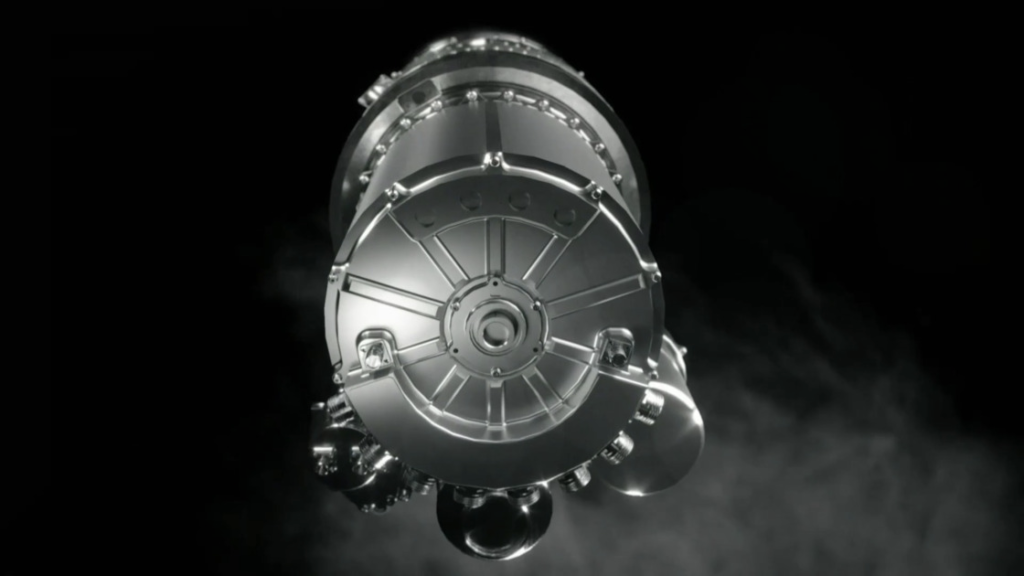Rolls-Royce advances hybrid-electric flight with new technology to lead the way in Advanced Air Mobility

UK, June 22. Rolls-Royce is officially announcing the development of turbogenerator technology, which includes a new small engine designed for hybrid-electric applications. The system will be an on-board power source with scalable power offerings and will complement the Rolls-Royce Electrical propulsion portfolio, enabling extended range on sustainable aviation fuels and later as it comes available through hydrogen combustion.
Current battery technology means all-electric propulsion will enable eVTOL and fixed wing commuter aircraft for short flights in and between cities and island-hopping in locations like Norway and the Scottish Isles. By developing turbogenerator technology, that will be scaled to serve a power range between 500 kW and 1200 kW, we can open up new longer routes that our electric battery powered aircraft can also support.
Rolls-Royce experts based in Germany, Norway and Hungary are developing the turbogenerator design and working on its system integration and are focused on ensuring smart power distribution during flight. The turbogenerator will recharge batteries after take-off or power propellers directly, enabling aircraft to switch between power sources in flight. The research and development of this technology is being part funded by the German Ministry for Economic Affairs and Climate Action.
Rob Watson, President – Rolls Royce Electrical, said: “Rolls-Royce will be the leading provider of all-electric and hybrid-electric power and propulsion systems for Advanced Air Mobility and will scale this technology over time to larger platforms. I would like to thank the German Government for their support. As part of our strategy, we are looking at offering the complete sustainable solution for our customers. This means extending routes that electric flight can support through our turbogenerator technology. This will advance hybrid-electric flight and mean more passengers will be able to travel further on low to net zero emissions aircraft.
“Rolls-Royce is also set to build on our existing network to offer maintenance services for electrical systems. Furthermore, Rolls-Royce Power Systems is able to offer mtu microgrid solutions to support fast-charging of electric aircraft and deliver reliable, cost-effective, climate friendly and sustainable power to vertiports.”
Last year, Rolls-Royce announced a pathway to net zero carbon emissions and its electrical technology is one way in which the company is helping decarbonise critical parts of the global economy. Rolls-Royce is committed to ensuring its new products will be compatible with net zero operation by 2030 and all its products will be compatible with net zero by 2050.






